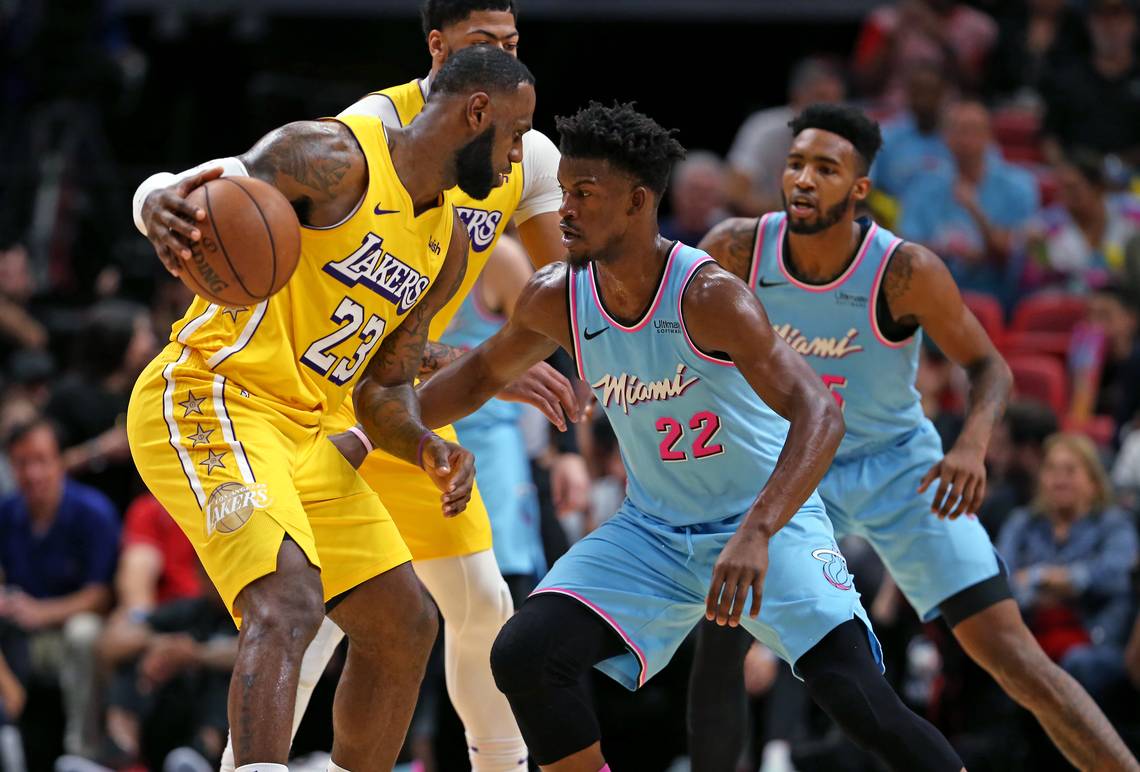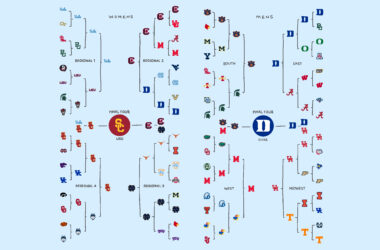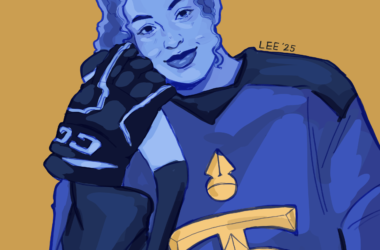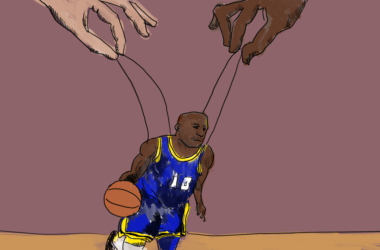The conclusion to the 2019-20 NBA regular season has been like none other in league history. Confined to a bubble in Orlando, Florida and without fans in attendance due to the ongoing pandemic, the league restart truly does represent “a whole new game.” This unique experience has turned the NBA restart into an experiment, revealing important lessons for players, coaches, and the league.
A coaches league
The NBA is commonly hailed as a “star’s league,” yet in nearly every series of the 2020 playoffs, the team with the better coach—and not necessarily the better players—has won. The sterile environment of the bubble means that there is no home court advantage to sway momentum. In this context, the ability to make swift in-game adjustments to player rotations and game plans has proven to be of paramount importance. In the West, both Frank Vogel and Mike Malone of the Los Angeles Lakers and Denver Nuggets, respectively, have used such adjustments to great effect. Denver, in particular, overcame consecutive 3-1 deficits for the first time in league history thanks to Malone’s ability to adapt. Similarly, Eric Spoelstra led the underdog fifth-seed Miami Heat past the first-seed Milwaukee Bucks in the East by unleashing a slew of devastating defensive schemes. Meanwhile, the Bucks, led by Mike Budenholzer, as well as the Los Angeles Clippers, helmed by Doc Rivers, each faltered despite being championship favourites. They were simply outmaneuvered and outcoached. Certainly, star players remain critical to championship aspirations, but the bubble is demonstrating that the NBA is a coaches league too.
Regular season awards no longer matter…
The Milwaukee Bucks’ Giannis Antetokounmpo was awarded the 2019-20 MVP and Defensive Player of the Year award, the first player to win both in the same season since Michael Jordan. But Antetokounmpo’s award ceremony was not replete with the normal pageantry. With the Bucks already eliminated from the bubble, Antetokounmpo had to accept his award over video conference.
This strange situation is indicative of the fact that NBA awards truly have become “regular season awards.” Decided through votes cast by members of the media, awards are increasingly driven by storylines and flashy regular season statistics. At the same time, an increasing number of the league’s elite players are taking games off to load manage. These trends combine to mean that the players who stand out during award season are often not the league’s best. This discrepancy has been regularly demonstrated in the playoffs, as the league MVP and Defensive Player of the Year have not advanced to the finals since 2016 and 2017, respectively. Even Antetokounmpo acknowledged this trend, telling the media not to call him MVP until he wins a championship. Watching Antetokounmpo’s virtual trophy ceremony made it perfectly clear: The NBA awards no longer indicate who the best player is in the league, nor do they predict playoff success.
…But the regular season does
The Los Angeles Clippers were, by most NBA analysts’ accounts, destined to win the 2019-20 NBA championship. Instead, they were sent home in the second round after blowing a 3-1 series lead to the Denver Nuggets. Following their historic game seven loss, several Clippers players noted the team’s chemistry issues, and All-Star Paul George said that the Clippers simply did not have enough time together. This may be true, but it is not because the Clippers’ core nucleus only came together last offseason. Instead, the lack of chemistry can be blamed on the Clippers’ extensive load management, as All-Stars Kawhi Leonard and Paul George alone combined to miss 38 games during the reduced 2019-20 season.
Meanwhile, the Clippers’ cross-town rival Lakers advanced to the Western Conference Finals, despite also forming their nucleus during the 2019 offseason. Unlike the Clippers, the Lakers chose to largely forego load management during the regular season, opting instead to use the time to build chemistry and experiment with different game plans. NBA teams can learn from this dichotomy by taking advantage of the regular season to experiment, learn, and grow. While wins and losses in the regular season may ultimately not matter, the experience absolutely does.









